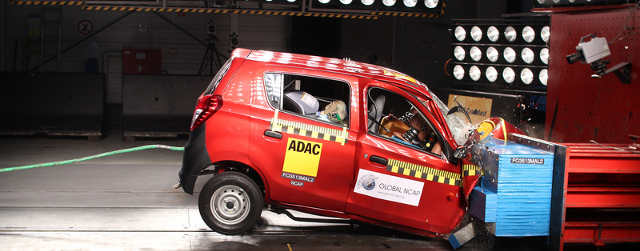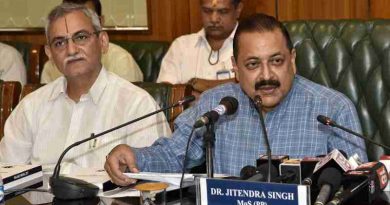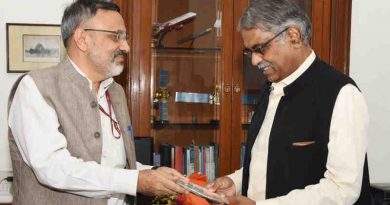Hello, You’re Not Safe in India’s Cars
The crash tests of some of India’s popular and important small cars have shown a high-risk of life threatening injuries in road crashes.
All the cars selected by the non-profit organisation Global NCAP for testing in a frontal impact at 64km/h received zero-star adult protection ratings.
The models tested included India’s best-selling car, the Suzuki-Maruti Alto 800. The Tata Nano, Ford Figo, Hyundai i10 and Volkswagen Polo also underwent the safety assessment.
Combined sales of these five cars account for around 20% of all the new cars sold in India last year.
[ Also Read: Why Bollywood Always Makes Bad Films ]
Global NCAP chose the entry-level version of each model and as a result none were fitted with air bags as standard. The results highlight major differences in the structural integrity of the vehicles tested.
Max Mosley, chairman of Global NCAP, said: “India is now a major global market and production centre for small cars, so it’s worrying to see levels of safety that are 20 years behind the five-star standards now common in Europe and North America. Poor structural integrity and the absence of airbags are putting the lives of Indian consumers at risk. They have a right to know how safe their vehicles are and to expect the same basic levels of safety as standard as customers in other part of the world.”
[ Also Read: How Automakers Used Digital Technology in 2013 ]
According to Global NCAP, in the Suzuki-Maruti Alto 800, the Tata Nano and the Hyundai i10, the vehicle structures proved inadequate and collapsed to varying degrees, resulting in high risks of life-threatening injuries to the occupants.
It was stated that the extent of the structural weaknesses in these models were such that fitting airbags would not be effective in reducing the risk of serious injury.
The Ford Figo and Volkswagen Polo had structures that remained stable – and, therefore, with airbags fitted, protection for the driver and front passenger would be much improved.
Coinciding with the Global NCAP tests, Volkswagen has decided to withdraw the non-airbag version of the Polo from sale in India.
[ Also Visit: REAL VOTER – Politics in India ]
Because of this, Global NCAP agreed to a request from VW to assess a version of the Polo that has two airbags fitted as standard as from now. Other manufacturers had the same opportunity.
The protection proved much better and this airbag-equipped model received a four-star rating for adult occupant protection. Consumers are encouraged to check which version of the Polo they buy, suggests Global NCAP, which released its findings today, Jan. 31.
The Global New Car Assessment Programme (Global NCAP) is a newly established non-profit organisation registered in the UK.
It aims to encourage the worldwide availability of independent consumer information about the safety of motor vehicles.





Incomplete assessment. What are the survey results of cars manufactured in this category abroad. Most cars are of foreign designs. Value for money is the concept. Don’t publish incomplete results. Compare with this category of cars manufactured abroad. Don’t generalize with incomplete data and give such generalized statement as ” you are not safe in Indian cars”. Why didn’t the non-profit organisation Global NCAP complete test with these category of cars manufactured abroad? This is only maligning Indian car manufactures. People buying cars are not fools. They are definitely aware of what value for money they are getting. This report is biased and incomplete. Non profit organization should be careful in giving such reports, or is this a way to make profit form foreign manufacturers to spoil Indian car manufacturers business?